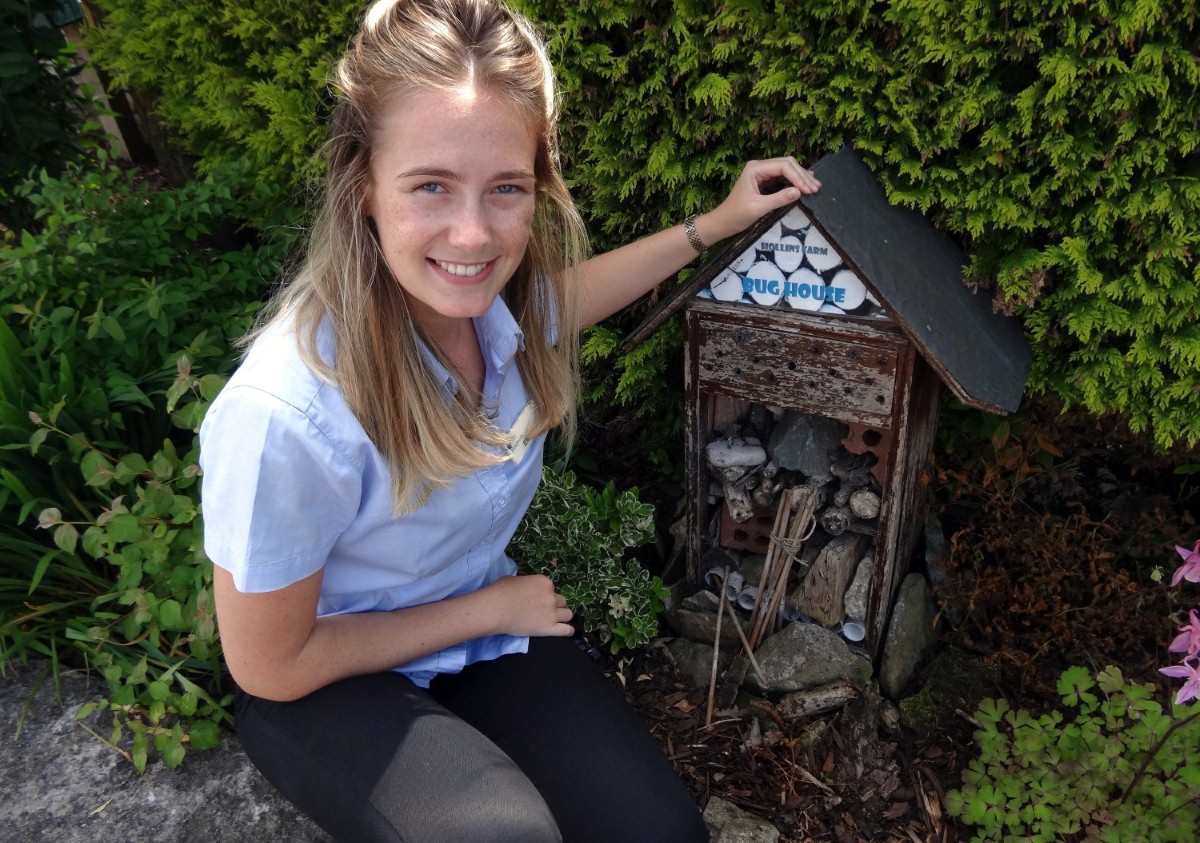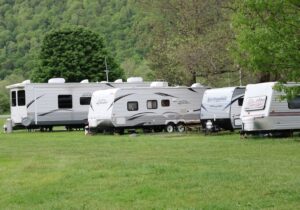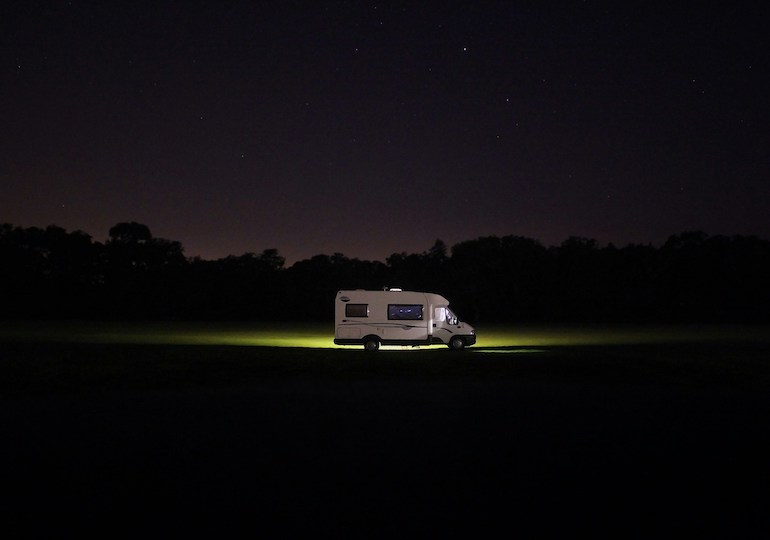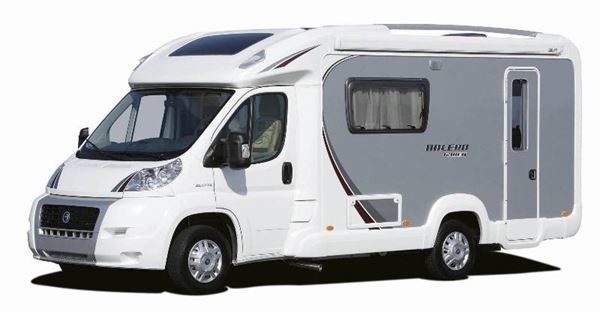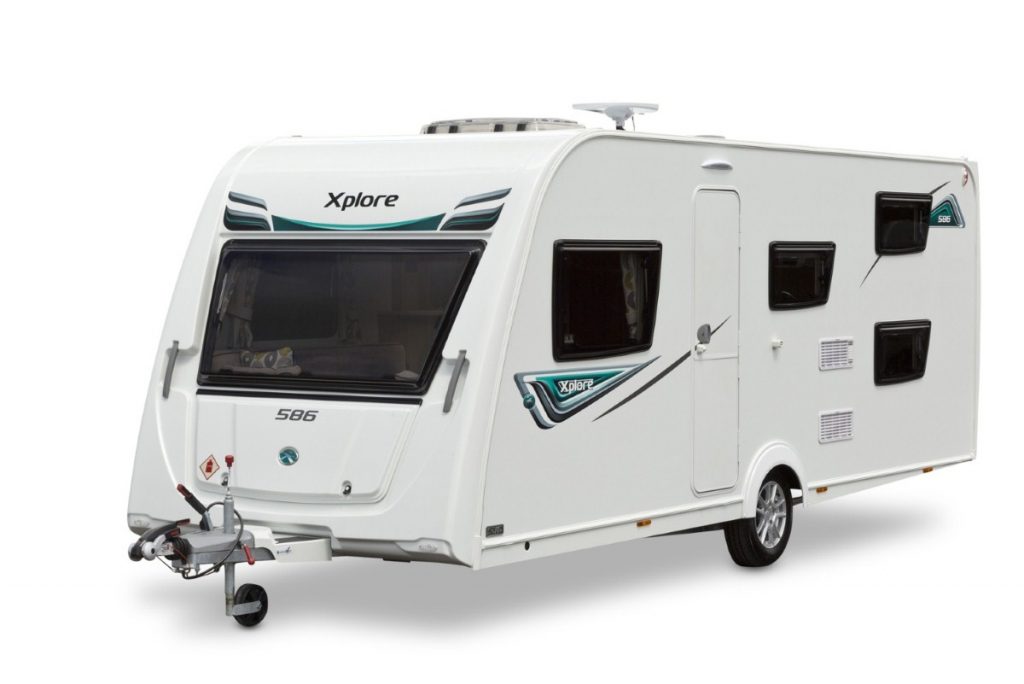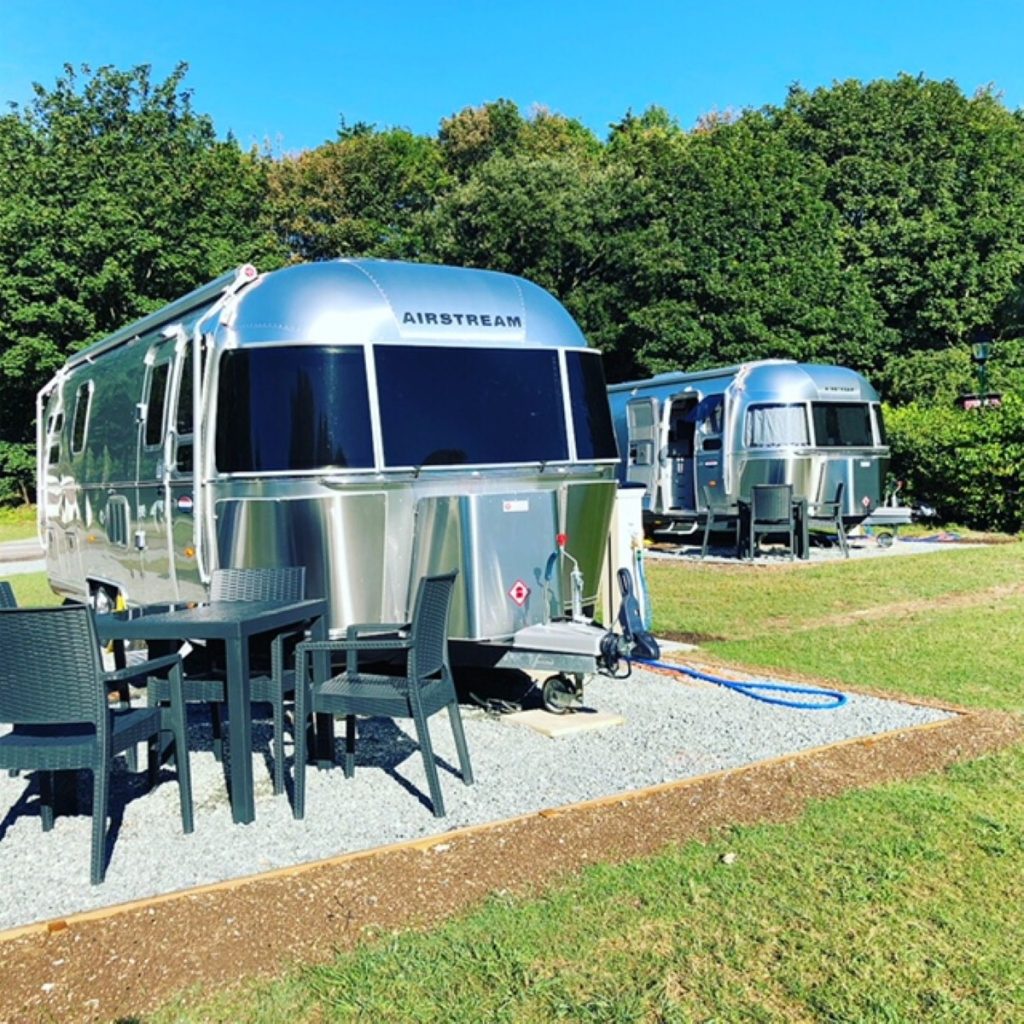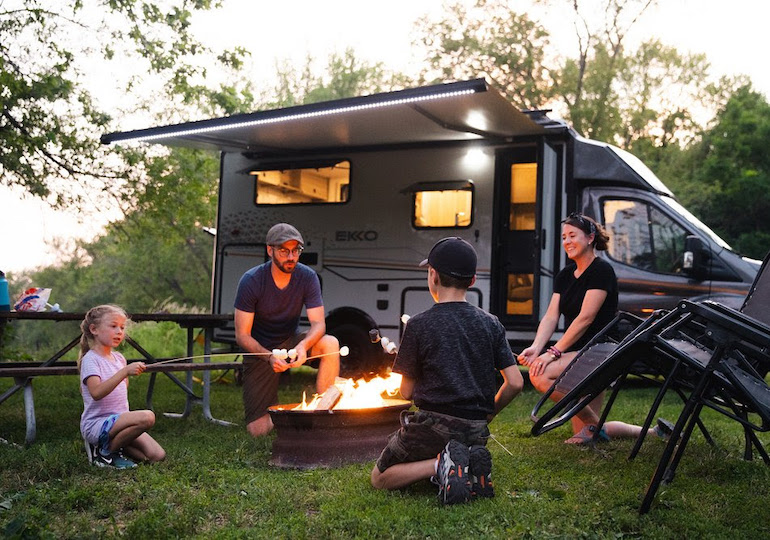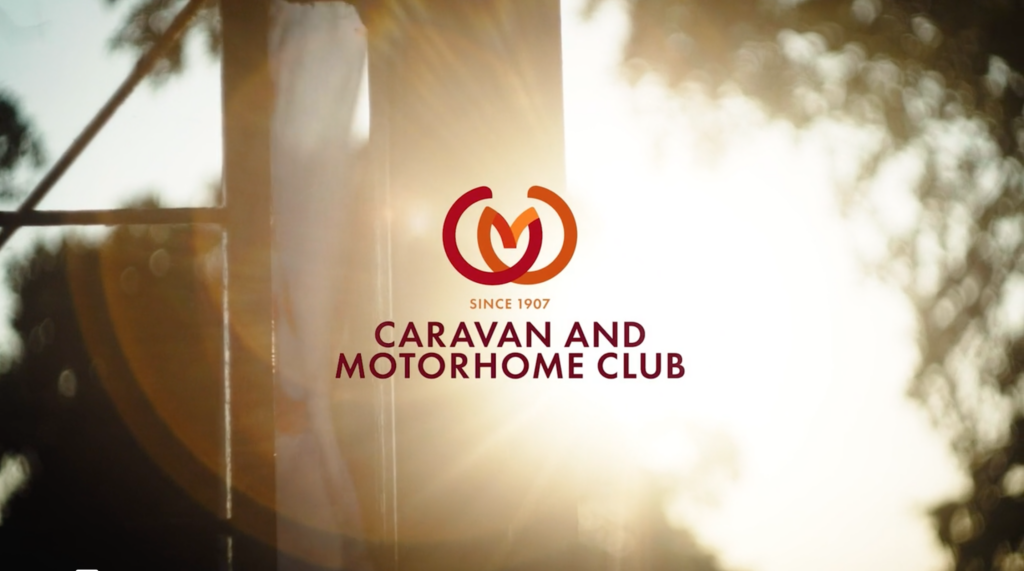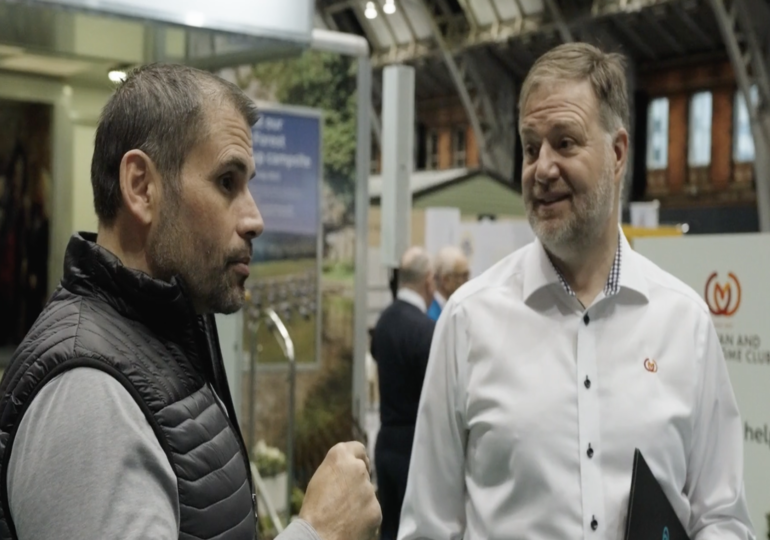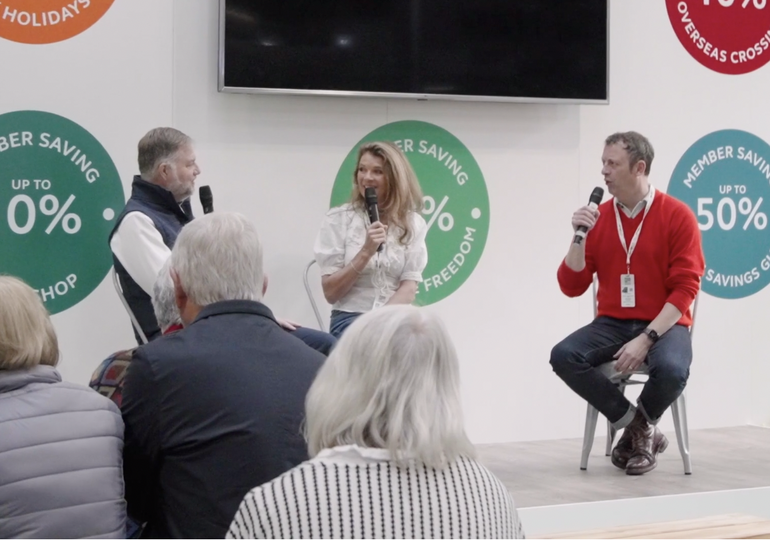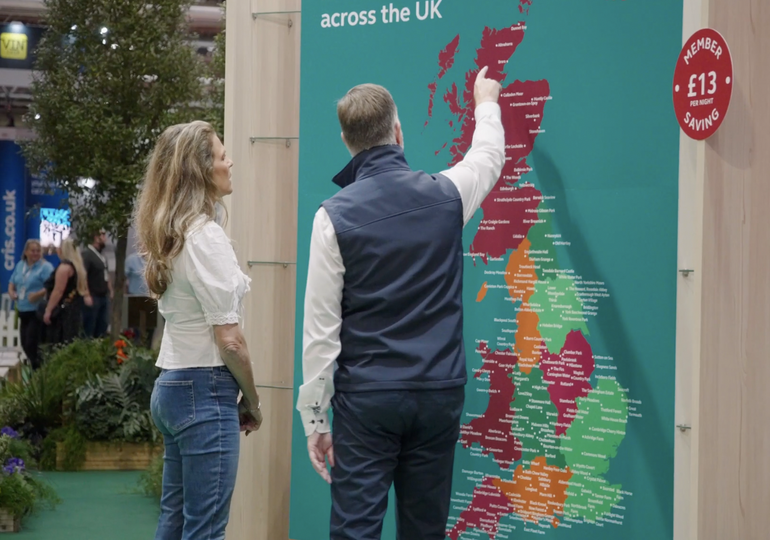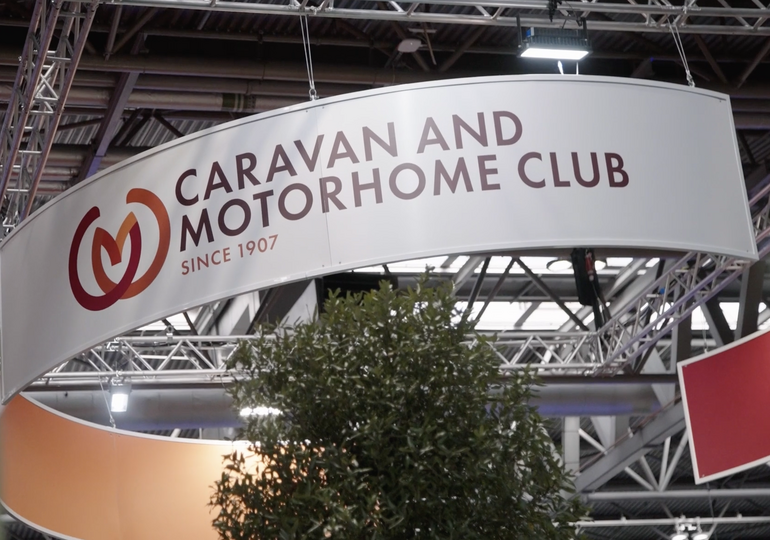By William Coleman
When you think of guests being eaten your mind may shift to something like Jurassic Park. The guests being eaten this time round are not humans but 6+ legged creatures who have been given free accomodation, much to the delight of the local birds, at a cumbrian holiday park.
The Holgates group have recently opened a brand new state of the art holiday accommodation network across 6 of their top rated parks for bugs and other small creatures. The structures have been designed to ensure the mini beast have has much comfort has the sites human guests, and something else a little more environmentally conscious.
The guests who are expected to stay are moths, beetles, spiders and centipedes to name a few, all of which will not be charged for their time on site. Although there is no cost to the creepy crawlies the risk their stay brings is high.
Although the bugs are welcome to stay it seems that the real reason for the free holiday is to ensure that the local bird population have a fully stocked bug buffet.
The insect hideaways have been installed at the group’s flagship Silverdale Holiday Park and its 5 other nearby parks. The 6 locations attract thousands of the more traditional 2-legged visitors year in year out.
Many of the two legged visitors are families with children, and Director Michael Holgate has said that the companies latest wildlife initiative have provided both entertainment and educations for guests: “The habitats are open-plan and filled with roosting material such as leaves, hollow stems and moss, and reveal the awe-inspiring activity of the insect world,” said Michael.
“Being close to the sea, we have an amazing variety of resident and visiting birds, many of which get their protein from bugs – and our aim is to ensure they don’t go hungry.
“This is especially important in winter when the mini-mansions also act as an over-wintering space for some species such as butterflies and solitary bees.
“We knew we had a hit on our hands when both youngsters and grown-ups started posting pictures of the insects on social media along with more traditional holiday snaps!” he added.
In 2017 Silverdale was one of the very few holiday parks to gain the special honour from botanist Professor Bellamy in his annual conservation awards. Out of the 3,000 sites across Britain only 15 were given this mark of greatness.
The accolade celebrated a raft of initiatives which the 60-year-old family business regularly takes to protect its native animal, plant and bird life.
Last year the group created over eight miles of new hedgerows as a “wildlife corridor” to help sustain wildlife species from dormice and hedgehogs to butterflies and bees.
And earlier this year, the park completed a massive planting project of native species such as oak and yew which saw around half-a-million years of tree life take root.
There is more information about the group’s parks at www.holgates.co.uk

